Gov Cox Buys a Fence to Stop You. Your Constitutional Right to Public Records.
Holding government accountable depends on your ability to successfully claim your right to assemble and petition for redress of grievances, which all depends on public accessibility of key information.
Public records can be cross referenced and used for a multitude of constitutional purposes.
This article covers one specific constitutionally based use, and is not a complete discussion on public records.

Audio reading of this article:
Why Does Certain Information Need to be Public Record?
It all comes down to our First Amendment Constitutional right to peaceably assemble and to petition the Government for a redress of our grievances. Consider in 2020 when an unorganized group of concerned citizens decided to stand on the public sidewalk outside of Utah State Epidemiologist, Angela Dunn’s home to petition her for a redress of grievances of the people that she was publicly known to be responsible for. State leaders had been allegedly deferring to her to make decisions to suspend the rights of the people to live and earn income to support their families. The people had a constitutional right to have answers to why she was justified in making the decisions she was making. This group of protestors claiming to represent the People of Utah leaked this letter to us in advance of delivering it to Dr. Angela Dunn, asking her to answer some questions that the people of Utah have for her. They say she has avoided answering these questions in all other public venues where she is supposed to be responsive to the people, thus, they took the letter to her home.
This also includes peaceably protesting outside of Governor Cox’s home in November of 2020 regarding unlawful mask mandates. As one liberty-loving, patriot mom said, “You can keep your cookies, Cox!”

So if we are allowed to petition our Government for a redress of grievances, then how do we deliver that message? We call them, email them, and as shown in the two examples above, we can take it to their homes if our petitions continue to fall on deaf ears. Many will argue a “moral” cause that it’s a “violation of privacy” to show up at someone’s house and cause them distress. Eric Moutsos reported to 2News that “Just because you can do something doesn’t mean you should do something,” he said. “I don’t advocate going to the personal homes of these representatives.” Unfortunately, not everyone understands, if you don’t use your rights, you lose your rights. The power to peaceably assembly is the power that our Founding Fathers gave us for a reason. It works. And how do we know it works? We find a tax-payer funded security detail project and new fence for the Cox family and a visibly bothered Angela Dunn appearing on TV realizing what it means to be a state employee who endorses tyrannical behavior.

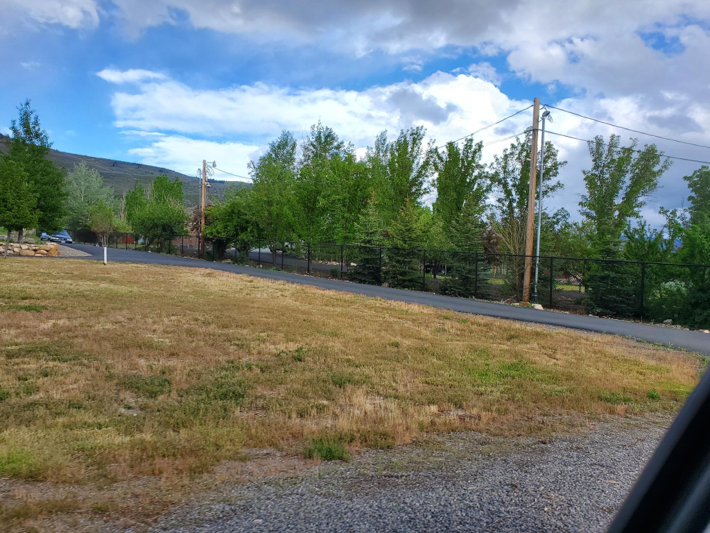
New fence around Gov. Cox’s home funded by our tax dollars via bill SB0222.
What is Considered Public Record?
Public record is any information published for and accessible to the public. According to Utah Public Records Directory, there are two types of public records:
1) personal public records that document major life milestones such as birth certificates, death certificates, divorce records, and marriage records, etc.; and
2) government records that are made public such as property tax records, recorded land records, voter records, crime data, jail inmate records, and court records.
The Freedom of Information Act is a federal law that releases government agency public records and makes it possible to view most public records. Utah’s Public Records Act (known as the “Government Records Access and Management Act) – Utah Code 63G-2 – briefly states: “(1) In enacting this act, the Legislature recognizes two constitutional rights: (a) the public’s right of access to information concerning the conduct of the public’s business; and (b) the right of privacy in relation to personal data gathered by governmental entities…
Some other interesting examples of public record can be found in the Utah Government Records Access and Management Act 63G-2-201.
For example, on page 21 in Part 3 of Utah Government Records Access and Management Act 63G-2-201, public record classifications are listed:
- Section 2 (m) for an elected official, as defined in Section 11-47-102, a telephone number, if available, and email address, if available, where that elected official may be reached as required in Title 11, Chapter 47, Access to Elected Officials;
- (n) for a school community council member, a telephone number, if available, and email address, if available, where that elected official may be reached directly as required in Section
53G-7-1203;
- (o) annual audited financial statements of the Utah Educational Savings Plan described in Section 53B-8a-111;
Section 3 (a) administrative staff manuals, instructions to staff, and statements of policy; - (b) records documenting a contractor’s or private provider’s compliance with the terms of a contract with a governmental entity;
- (c) records documenting the services provided by a contractor or a private provider to the extent the records would be public if prepared by the governmental entity;
- (d) contracts entered into by a governmental entity;
What if your Government hides from you?
You still have a right to redress, ask questions, and get answers.
But don’t be fooled by the fake legislation that has followed and will continue to follow after We The People use our rights to petition unjust actions. The Establishment hates it when we use our rights to put pressure on them. After the protest in front of Angela Dunn’s home, the Utah Legislature passed a bill to prohibit picketing outside homes. HB291 would make “targeted residential picketing” — a protest “specifically directed or focused toward a residence, or one or more occupants of the residence” — a class B misdemeanor, which is punishable under Utah law by up to six months in jail or fines of up to $1,000. It was signed into effect March 16th, 2021 but it is clearly in conflict with a basic right to “peaceably assemble and petition the Government for a redress of grievances”. Does it sound just to be arrested for peacefully standing on a public sidewalk, simply asking questions in response to your rights being trampled on? A private residential home’s front door is considered a public entry point, as much as the sidewalk itself. Public sidewalks in residential neighborhoods are still public. The proper response to such “pretend legislation” is exercising your constitutional right to #nullification.
How to Find Public Records:
- Government employees and elected officials information
- disclosures.utah.gov
- lobbyist.utah.gov
- statephone.utah.gov
- www.ourcampaigns.com
- elections.utah.gov
- www.whitepages.com
- www.voterrecords.com
- nuwber.com
- clustrmaps.com
- slco.org/assessor
- Google Search Tips
- Use “pptx” in google search to find presentations
- example: United Nations in Utah pptx
- Use “pdf” in google search to find documents
- farm land rights pdf
- www.truepeoplesearch.com
- use a “minus” to further filter searches
- example: Michael Jordan -basketball
- Use “pptx” in google search to find presentations
Defending Utah is reader supported. If you appreciate this content and want to support more great content like this or you want to become actively involved in the fight for liberty, please consider becoming a member of Defending Utah today.

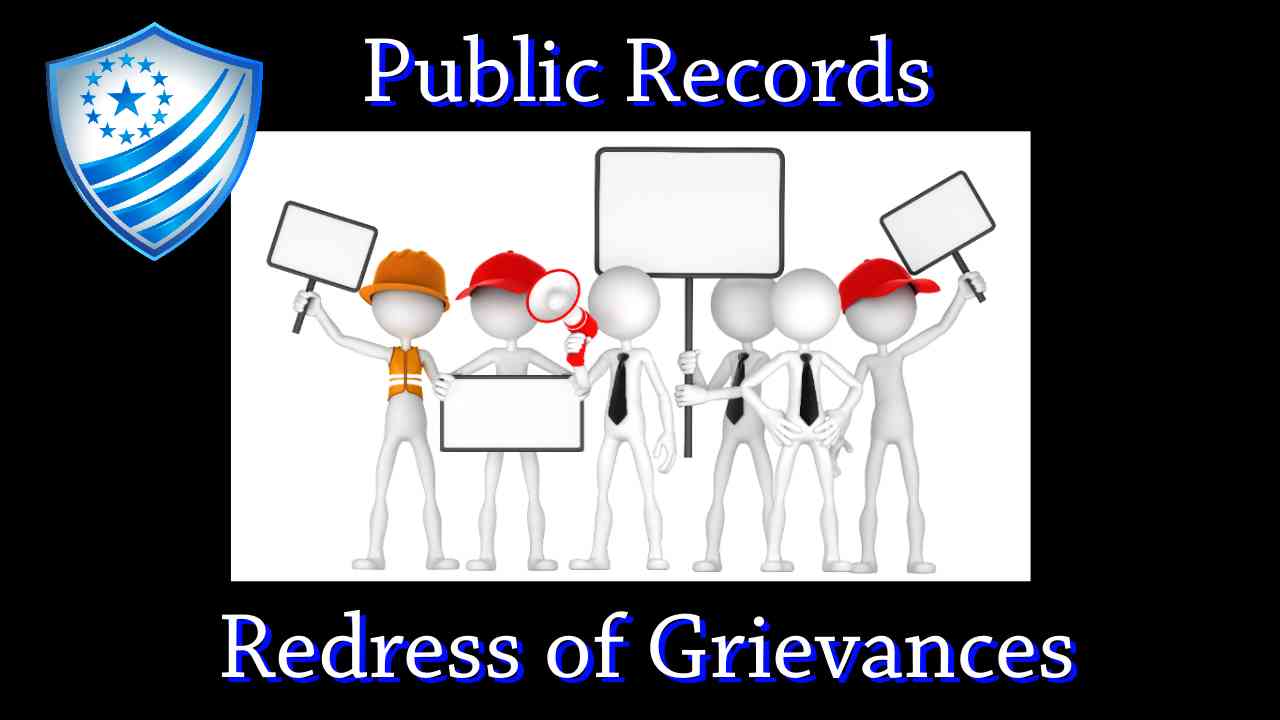

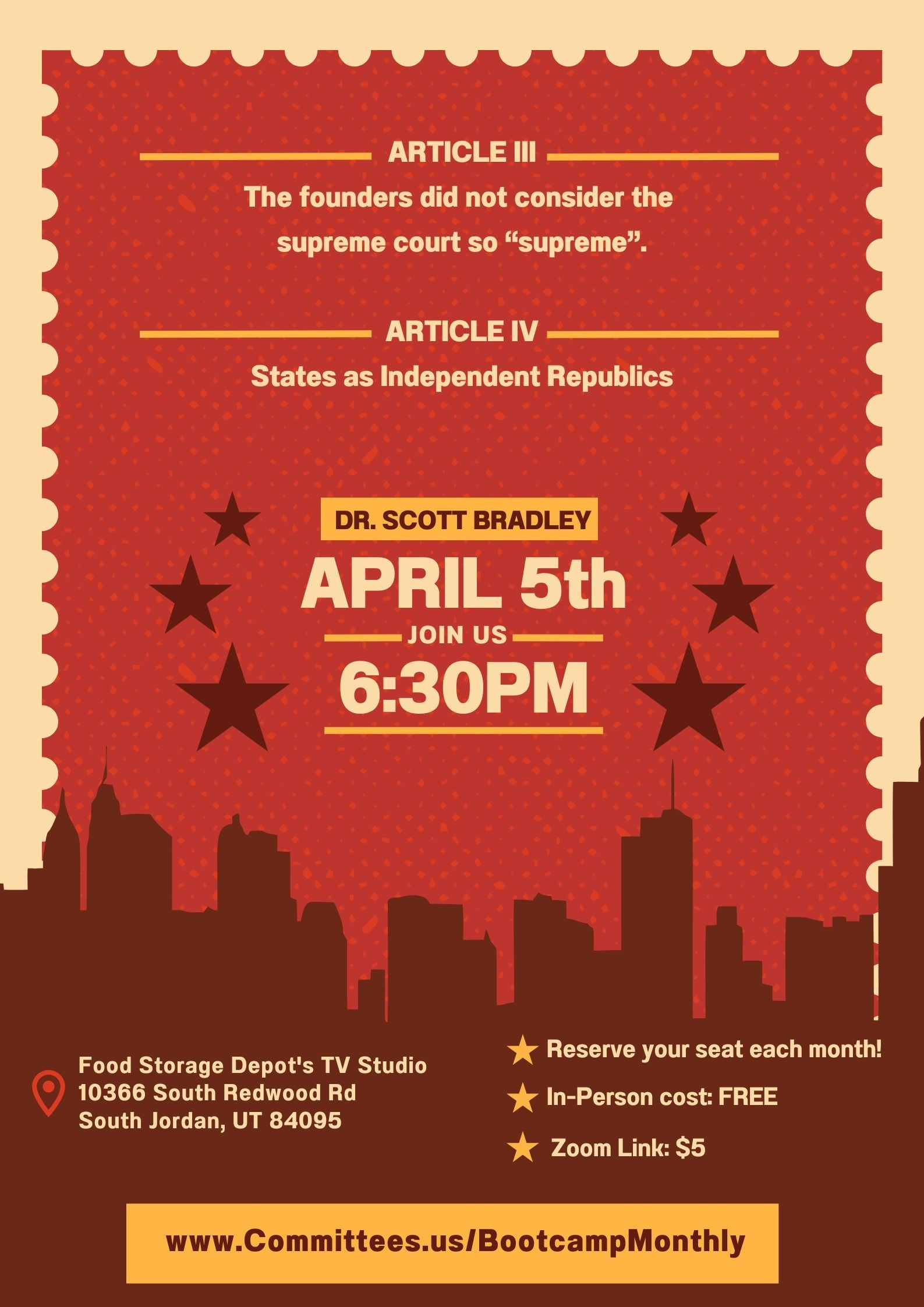

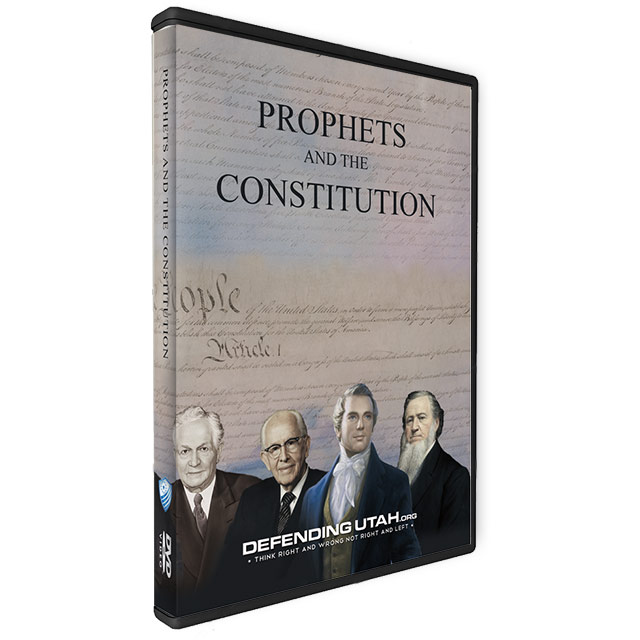




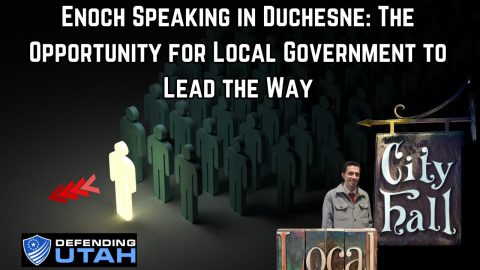

5 Responses
You are wrong about public access to my front door. My inalienable property rights begins at the beginning of my property, which includes access to my home from any angle including the total circumference of my property. Other wise any person of whom wanted to do bodily harm to any family member could not be stopped until he was attempting to bash my front door down. I do not in any way support Defending Utah in this utterly disgusting pod cast. There will be many of whom will recognize the utterly disgust in this pod cast. In order to retain your trust among those of whom depend on you for truth in constitutional principle, you must unconditionally retract and correct this pod cast. I would suggest that you contact Dr. Scott Bradly for understanding concerning this matter. I am sending him the current podcast as it now stands.
Sincerely,
Mark Porter
I don’t understand your issue. A front door is where people walk up to your house, and they knock. Anyone from the public can walk up to your house. At that point you have the choice to ask anyone to leave, or you can have a “no soliciting sign” in which you say sales people are not allowed, things like that give notice. Nobody is trespassing unless you have asked them to leave, then they are trespassing if they refuse.
Quote: “My inalienable property rights begins at the beginning of my property, which includes access to my home from any angle including the total circumference of my property” – No disagreement, and we said nothing against this. But your front door is at the end of a walkway, that is meant for anyone in the public to walk up to, and request if they can talk to anyone.
Curtilage is the area around a house that Police are able to look around without a warrant here in Utah. If they do not have a warrant and you are not suspected of committing a crime you can tell them to get off your property. General Public and Private Investigators can walk up to the front door or even the back door if they want (although its generally bad manners to do so). It’s not Trespassing until you either have it posted or you Verbally tell them to get off your property. No one can enter any outbuildings or portions of your home without your permission that would be trespassing. It also might help Enoch Moore if when you post something also add the Utah Code that goes along with it. You will still get the angry upset people no matter what.
I am a Former Court Security Officer, Sheriff’s Deputy, Private Investigator, Marine Raider and a Soldier. I add this just so you know im not stupid or ignorant of the law.
Thanks for your thoughts and explaining that with more details. It’s always good adding Utah code as it’s relevant. Sometimes we can see that there’s an infinite number of references and tangents we could go down when writing, and a decision is made (either intentionally or casually) on when something is part of another subject matter or meant to expand upon a different day. In this case, the front door was just a quick mention, and not the focus of the article. Although we don’t mind discussing tangents as they’re brought up.